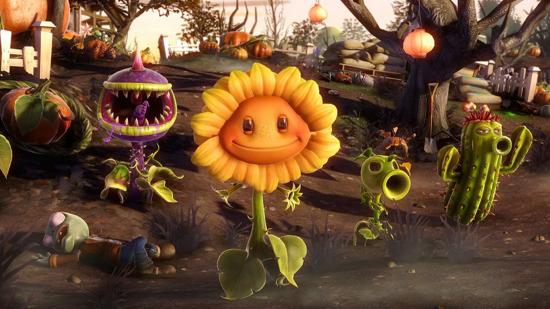Working with the cooperation of two major game developers, researchers at Oxford’s Internet Institute have found that, astonishingly, videogames seem to make people happy. The new study looked at player data provided by Nintendo and EA and found that videogame play is positively correlated with a sense of well-being.
The authors of the study examined two games: Nintendo’s Animal Crossing: New Horizons and EA’s Plants vs. Zombies: Battle for Neighborville. Both publishers provided data for the research – Nintendo provided data on the amounts of time players were spending in Animal Crossing, and EA additionally provided data on in-game achievements and the emoticons players used while playing.
“If you play Animal Crossing for four hours a day, every single day, you’re likely to say you feel significantly happier than someone who doesn’t,” the study’s principal author, Prof. Andrew Przybylski, told the BBC. Przybylski notes that this flies in the face of the past four decades of research on videogames, which suggests that the longer people play games, the unhappier they become.
Przybylski says that the difference may be down to the presence of social features in both Animal Crossing and Plants vs. Zombies, which act as a kind of “digital water-cooler” where players can socialise with friends and meet new people.
The study – which you can read in full here – concludes that it’s possible for academic researchers to work with the games industry to produce high-quality scholarship on games. Historically that’s been difficult, as publishers tend to be protective of their proprietary data on player behaviour. This study suggests that triple-A games companies may be becoming more open to working with social scientists.
In this case, Pryzbylski says, it’s shown that policymakers may in many cases have an incomplete picture of the link between videogames and mental well-being.
For more social games, check out our list of the best new MMOs to play in 2020.
